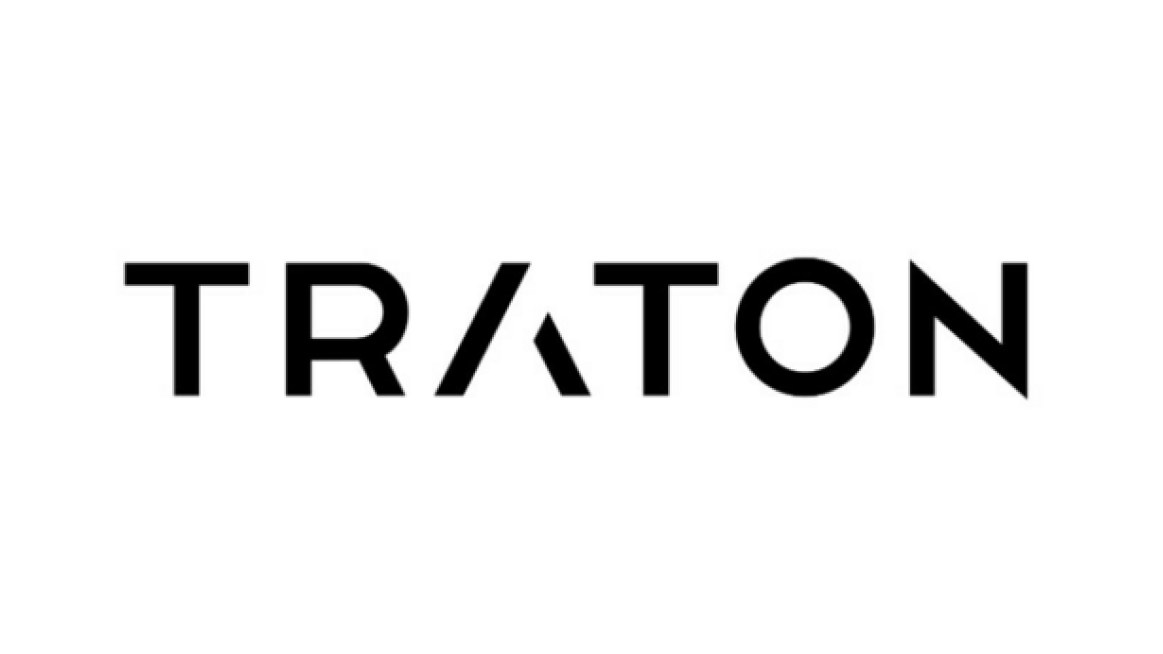“For electric commercial transport to be adopted at scale, charging solutions need to be both accessible and affordable,” says Petra Sundström, Managing Director at TRATON Charging Solutions, explaining: “Our mission is to connect the best charging locations on the road with the best brands and to help drivers find them. In doing so, we provide the back-end capabilities for our brands’ charging services so that their customers can benefit from the best charging access in Europe.”
With the transition to electric commercial vehicles gaining momentum, the need for charging outside of home depots is growing rapidly. Charging the vehicles is a challenge for drivers, especially in long-haul operation, because the charging operator landscape is fragmented, and the availability of charging locations varies by region. TRATON Charging Solutions creates a more accessible and hassle-free experience for everyone in the charging network. This allows electric commercial vehicles to be adopted and become viable at scale.
TRATON Charging Solutions covers a variety of operators, all of whom run public charging locations. This makes the solution accessible to all brands, even those outside of the TRATON GROUP, and thus the perfect fit for multi-brand fleets. It also allows TRATON’s Scania and MAN brands operating in Europe to offer their customers access to Europe’s most extensive charging network, which currently comprises eleven countries.
Scania’s customers will be the first in the TRATON GROUP to benefit from TRATON Charging Solutions thanks to the new Scania Charging Access. This Scania service ranks charging points according to how suitable they are for trucks. Regardless of who is operating the charging points within the network, customers only receive one consolidated invoice, from Scania. The service comes without any sign-up or monthly fees; the customer only pays one predictable price when the service is used. Owning a Scania truck of any kind is the only requirement for joining Scania Charging Access.
One of the first charging point operators that has been contracted directly is Milence, the joint venture between the TRATON GROUP, Daimler Truck, and the Volvo Group. Milence aims to build and operate at least 1,700 high-performance green energy charging points on and close to highways as well as at logistics hubs in Europe. “Cooperation with Milence is a logical step in our journey to make charging simple and efficient. At the same time, we are in an advanced stage of discussions with many other key players in the charging industry around Europe. Other important partners will be announced soon,” adds Petra Sundström.







